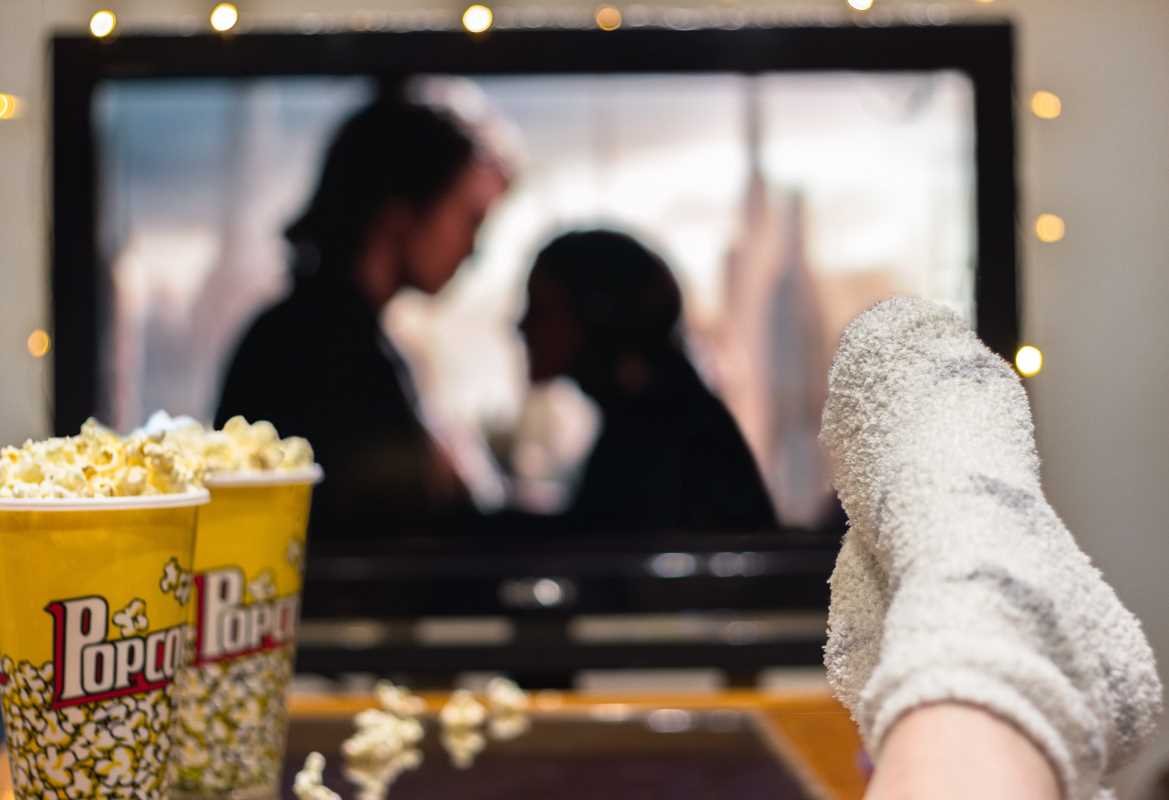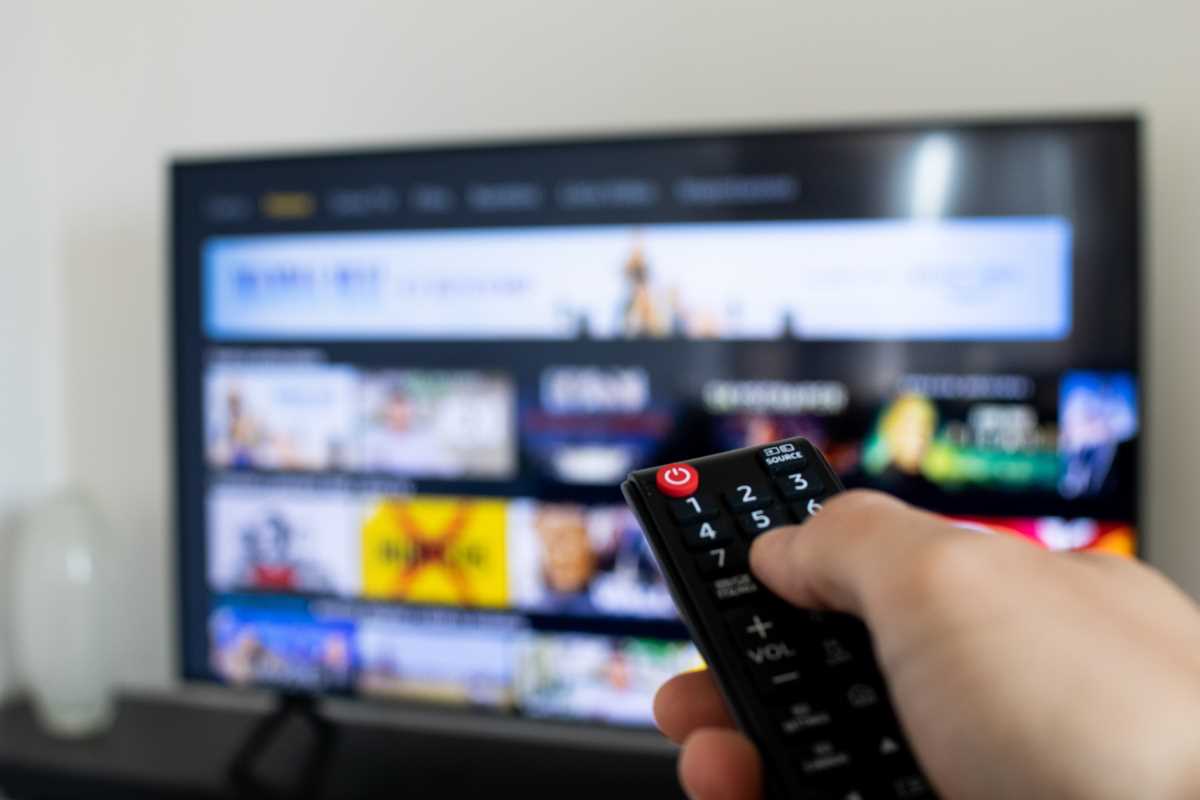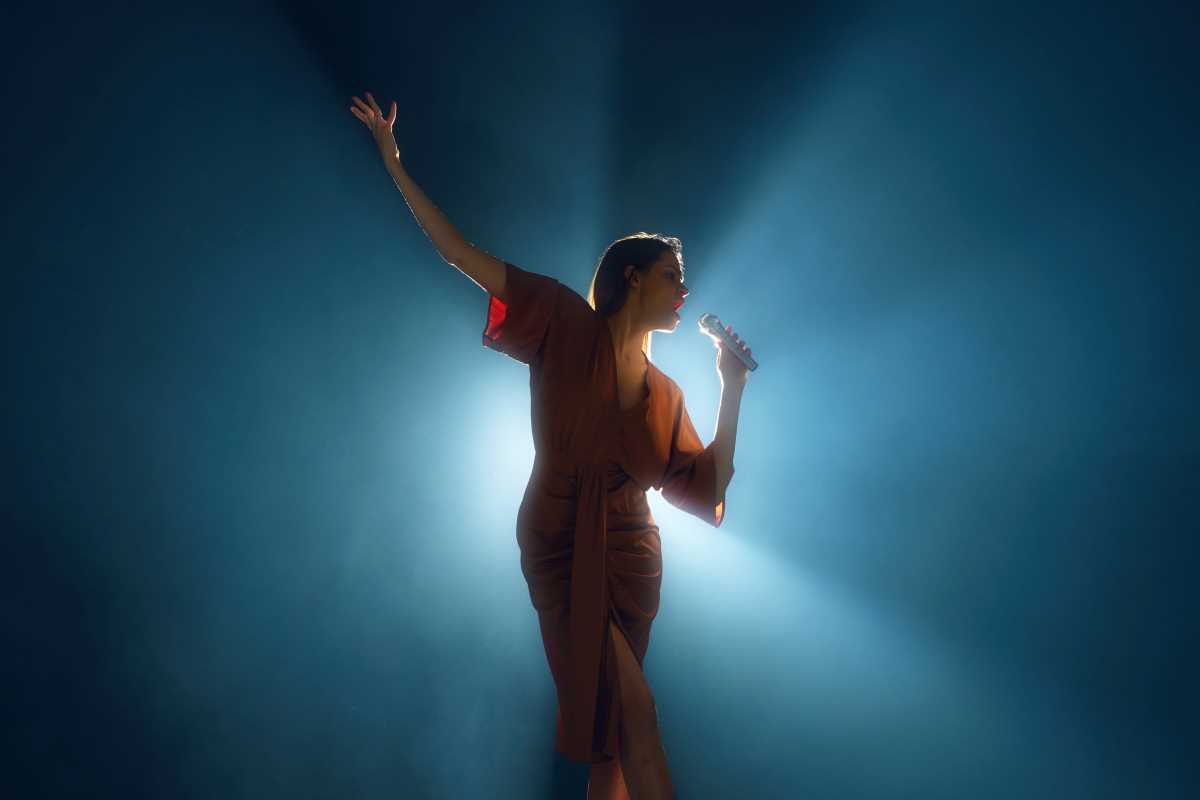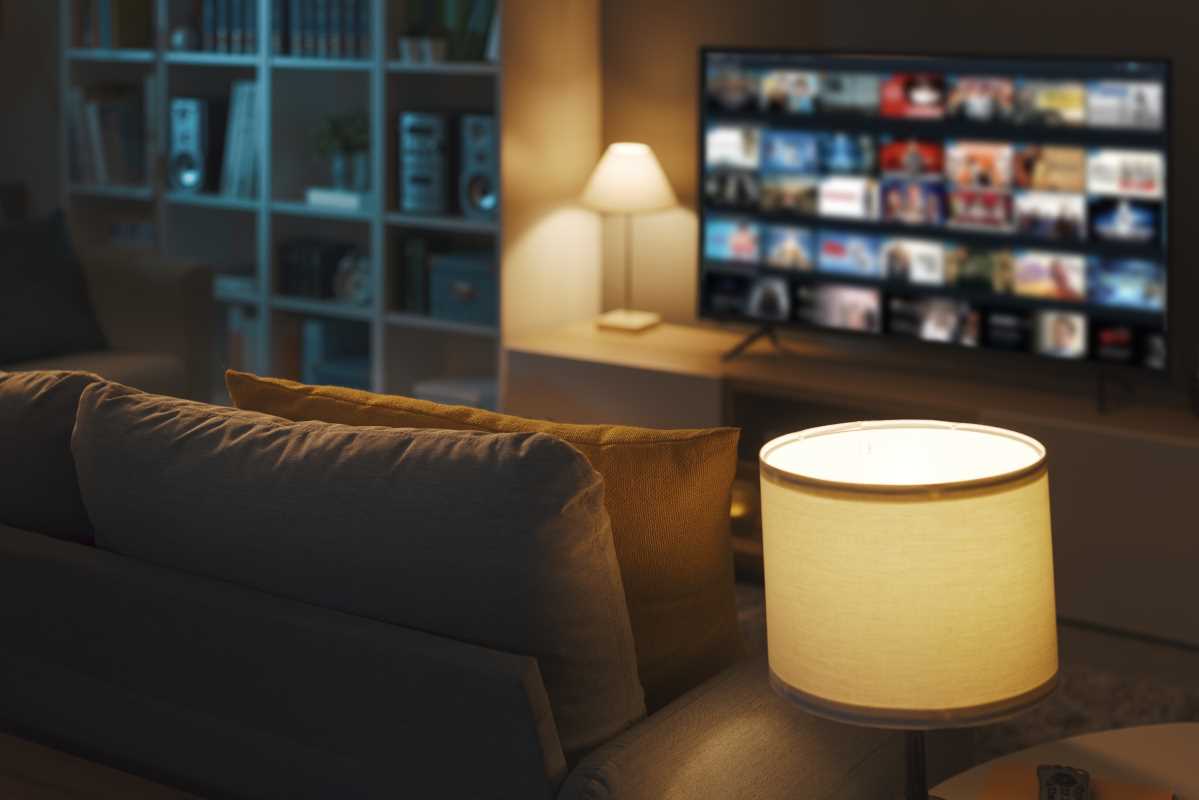Hollywood has an undeniable knack for churning out sequels, whether we’re clamoring for them or not. Sometimes, they give us the closure or nostalgia we’re yearning for. Other times, we’re left scratching our heads, asking, “Was that really necessary?” Yet, curiosity (and maybe just a dash of FOMO) often pulls us in anyway. No matter if they exceed expectations or leave us longing for the classic original, these sequels keep us coming back for more. Here’s our list of movie sequels that felt unexpected, maybe even unnecessary, but still managed to tempt us into watching.
Space Jam: A New Legacy (2021)
The original Space Jam (1996) was peak '90s nostalgia, blending live-action goofiness with the zaniness of the Looney Tunes and the legend of Michael Jordan. Fast-forward twenty-five years, and Space Jam: A New Legacy tried to revive the magic with LeBron James in the lead role. This sequel had LeBron teaming up with Bugs Bunny to win a high-stakes basketball game inside a Warner Bros. “server-verse” after his son gets captured by a rogue AI.
Critics didn’t hold back on their reviews, labeling the film a disappointment weighed down by excessive product placement and a cluttered plot. It wasn't an overwhelming financial success since it only raked in $163.7 million against a $150 million budget. Despite these shortcomings, audiences couldn’t resist revisiting the Tune Squad and comparing the two generations’ takes on this bizarre concept.
Avatar: The Way of Water (2022)
Thirteen years after James Cameron's Avatar shattered box office records and introduced us to the lush world of Pandora, its sequel finally arrived. While the original film still holds its place as one of the highest-grossing movies of all time, many had forgotten the details of its story by the time The Way of Water was released. Yet, Cameron’s vision for the series never wavered, and the sequel offered breathtaking visuals, immersive underwater scenes, and a deeper look at the Sully family’s struggles.
Though critics described the storyline as formulaic, audiences were too mesmerized by the stunning visuals to notice. The film grossed over $2 billion globally, proving that while some might have questioned the franchise’s relevance, Cameron’s ability to draw us in with cinematic wonders hasn’t faded one bit.
Jurassic World Dominion (2022)
The Jurassic Park franchise began as a groundbreaking exploration of dinosaurs recreated through science. As the sequels rolled in, though, the focus shifted more toward spectacle instead of substance. By the time Jurassic World Dominion arrived, audiences had already seen their fair share of dinosaur rampages. The twist in this final film? A world where dinosaurs now roam freely among humans.
Critics were quick to critique its reliance on nostalgia and its somewhat cluttered story, resulting in the lowest critic score of the franchise at 29% on Rotten Tomatoes. Fans, however, showed more love, with the film receiving a 77% audience score. Despite its flaws, the combination of old and new characters, along with action-packed sequences featuring humanity coexisting with dinosaurs, kept fans glued to their seats.
Fantastic Beasts Series (2016–2022)
Spinning off a beloved franchise like Harry Potter was always going to be a gamble, especially without Harry and his friends anchoring the story. The Fantastic Beasts films took audiences back to the 1920s Wizarding World, focusing on Newt Scamander and his collection of magical creatures. The first film was whimsical and full of promise, but as the series progressed, it became darker and bogged down by convoluted plots about wizarding politics and Grindelwald’s rise to power.
By the time The Secrets of Dumbledore was released, the magic seemed to wane for both fans and critics. Off-screen controversies didn’t help its reputation. Still, Potterheads hungry for even a glimpse of Hogwarts or a wand duel couldn’t resist tuning in, even as the series struggled to decide if it was a spin-off or a prequel to the original saga.
Frozen II (2019)
Disney’s Frozen (2013) became a cultural phenomenon with its earworm songs, empowering message, and memorable characters. It seemed self-contained enough, with Elsa and Anna finally finding harmony in their relationship. Did we really need more? Disney thought so, and Frozen II saw the sisters venturing beyond Arendelle to uncover the secrets of their family’s past.
The sequel took a more introspective approach, adding layers of mystery to Elsa’s powers and more complexity to Anna’s character. While the songs didn’t quite rival "Let It Go" in infectiousness, Frozen II still succeeded in captivating its young audience and their parents with its dazzling animation and familiar warmth. It didn’t surpass the original’s charm but cemented its place as a worthy continuation.
The Matrix Resurrections (2021)
When the original Matrix trilogy concluded in 2003, it was far from perfect, but it did close the chapter on Neo and Trinity’s story. Then, 18 years after The Matrix Revolutions, The Matrix Resurrections came out of nowhere, promising to reignite the mind-bending saga. Directed solely by Lana Wachowski, the sequel doubled down on meta-commentary, deconstructing modern franchises and leaning into themes of nostalgia.
Reception was mixed. Some fans praised its unconventional approach and quiet romantic undertones. Others found it meandering and unnecessary. Yet, it’s hard to deny the appeal of seeing Keanu Reeves and Carrie-Anne Moss return as Neo and Trinity. It reignited debates over simulation theory and blockbuster storytelling.
Hocus Pocus 2 (2022)
The original Hocus Pocus (1993) became a cult favorite, filling October playlists with its spooky fun and campy performances by the Sanderson sisters. Nearly 30 years later, Hocus Pocus 2 emerged, reuniting Bette Midler, Sarah Jessica Parker, and Kathy Najimy for another Halloween romp.
This time, the sequel leaned heavily on nostalgia and callbacks to please its loyal fans. While critics noted that it didn’t quite match the quirky charm of the first film, fans were thrilled to see the trio back in action. Sure, it might not have brought anything groundbreaking to the table, but for lovers of the original, it served as a sweet treat worth savoring.
Zombieland: Double Tap (2019)
Ten years after Zombieland delivered its unique blend of snarky humor and zombie mayhem, Double Tap reunited the gang for another undead-slashing adventure. The long gap between films was unexpected, and many questioned whether the momentum could be reignited.
The sequel delivered more of the same humor and action, albeit without much innovation. Fans enjoyed revisiting Columbus, Tallahassee, Wichita, and Little Rock, appreciating the chemistry that made the first movie such a hit. Double Tap proved that even familiar zombie territory could still be entertaining with the right cast and comedic timing.
Minions: The Rise of Gru (2022)
Do we need endless prequels about Gru’s backstory? Maybe not, but the numbers don’t lie. The Despicable Me franchise continues to rake in billions, and this second Minions entry was no different. Taking a look at young Gru’s early days as an aspiring supervillain, the film delivered more of the banana-loving chaos the series is known for.
Although formulaic, its zany humor landed well with younger audiences, and its over-the-top villains added to the fun. The Rise of Gru may be more of the same, but if there’s ever been a series that embraces the mantra “if it ain’t broke, don’t fix it,” it’s this one.
Sequel fatigue is a common issue in Hollywood. Despite often being met with skepticism, these sequels also spark curiosity. There’s something about revisiting familiar worlds that feels irresistible. From the magical to the ridiculous, these follow-ups remind us that even when we’re skeptical, we’re always up for another round.
 (Image via
(Image via





